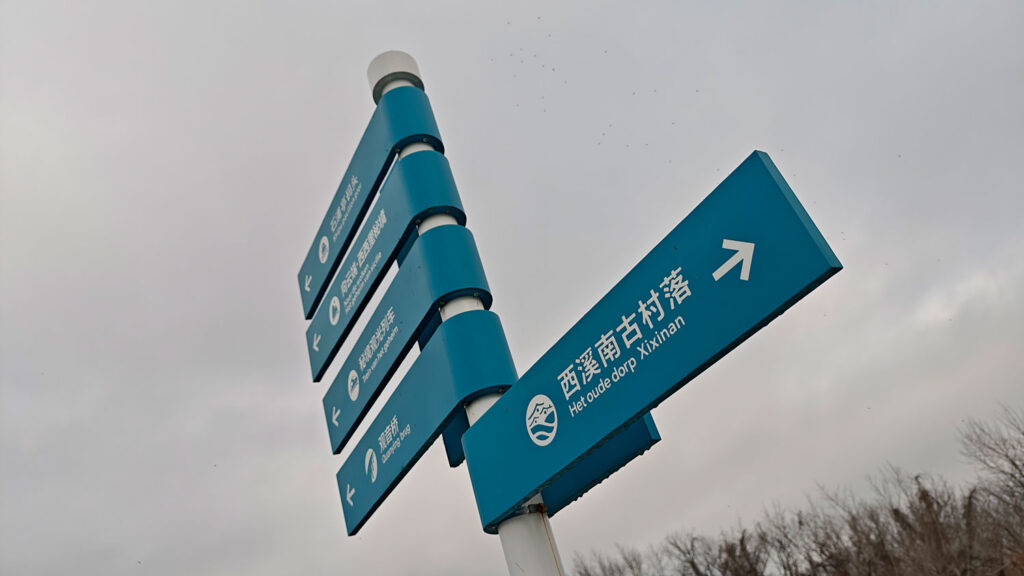Does the quality of your life come from the quality of your decisions? Or, does the quality of your decisions come from the quality of your life?
At first this seems like a chicken-and-egg kind of dilemma, a search for causality. But the present day mantra lays heavily on the former; decision making is the ultimate solution to problem solving, and — either through discussions, strategies, or careful calculations — it leads to good decisions, which in turn leads to a good life.
This is reasonable, but the latter part is equally true. We rarely focus on the interdependance of our decisions. But a good life leads to good decisions. An enthusiastic life leads to enthusiastic decisions, and an angry life leads to angry decisions.
The answer thus seems overly simplified; if you wish to make the right decisions, live the right life. Good decisions flow from good decisions. The opposite is also true; live the wrong life, and every decision taken will be wrong, even the smallest ones.
This explains how, in general, poor people make poor choices; spending more time behind the television, spending less time with friends, and eating less healthy. Poor people aren’t poor because they make bad decisions. They make bad decisions because they are poor.
But the connectivity of decisions is also visible in positive examples, for instance when people start exercising to stay fit. Often, also their diets improve, because they appreciate the feeling of losing weight or feeling fit. As a result, they become more self confident, and dare to socialise more. As a result, they become happier and the quality of life improves.
Accomplishments like this are the result of holistic solutions, not singular decisions. Football teams don’t win just because they have a good goalkeeper. And armies can’t win with soldiers that don’t have their bellies full.
The famous chess player Garry Kasparov was once asked by a journalist how many moves ahead he could think. The people in the room were probably expecting a huge number, one that would explain the brilliance of Kasparov, but he simply replied: “There is no answer for that. The main thing in chess is not how many moves ahead you can think, but how you analyse the situation.”
If the journalist thought that Kasparov was a good chess player because of the many decisions ahead he could make, then Kasparov’s answer proved he was a good chess player because his skill allowed him to handle each new situation. In other words; it was not his good decision making that led to his ability to play chess, it was the other way around.
All this means that focusing on individual good decisions could be less productive than laying a foundation for good decisions. It’s not acts, it’s habits that raise quality of life.
And while the goal of chess is straightforward, life itself doesn’t come with any objectives. But when people know what they want to achieve, know what they want to be, they’ll find out how. They’ll endure. Bad options disappear and good decisions become obvious, prompting more good decisions. Life becomes wholesome, reason becomes automatic.
Image by Tom Anders Watkins



